Sustainability
Leal Santos is committed to the preservation of the environment and to the conservation of marine ecosystems, with the objective of achieving the feasible sustainability of fishing activities. The company owns fishing vessels and the process to capture the fish is known as the fishing rod and live bait system.
Unlike the traditional method of catching fish by means of purse seines, the fishing rod and live bait system is very selective. This system catches only one tuna fish each time, thereby preventing dolphins, sea turtles, sharks and other endangered species from being harmed. In addition, this method preserves the continuous stock of tuna. This is an ecologically-friendly fishing system which does not have any negative impact on the ecosystem and protects the survival of different marine species.
Fish Species
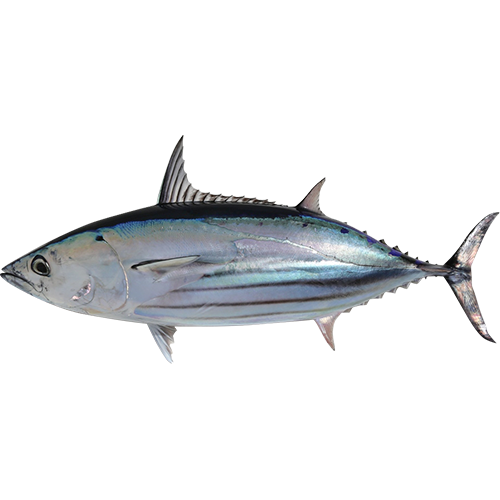
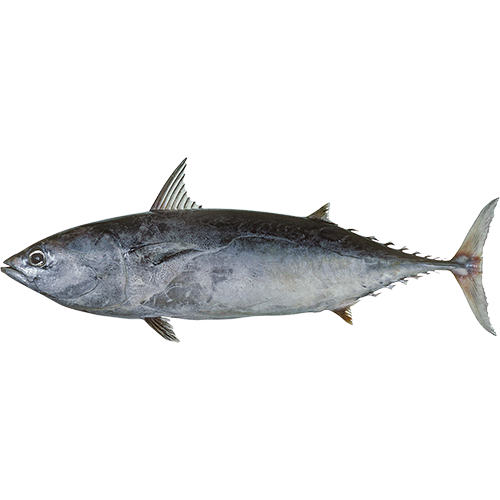
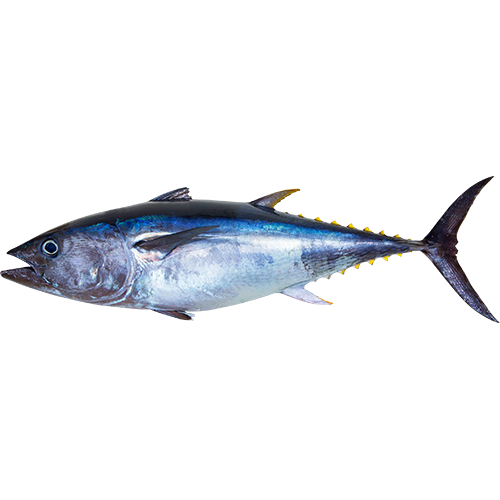
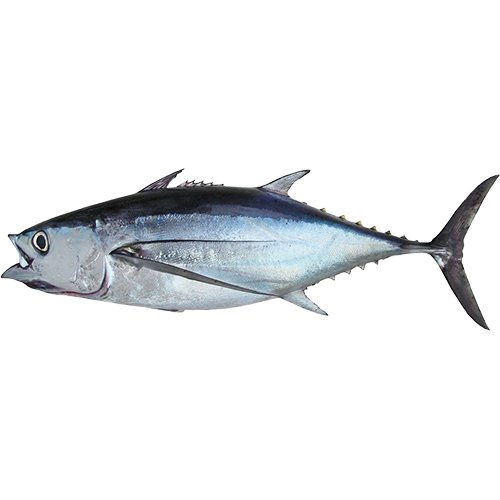
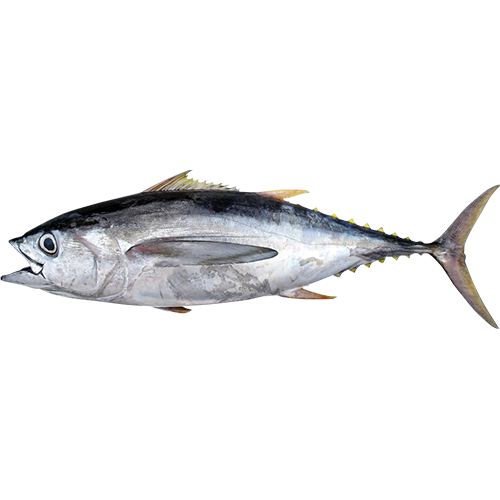
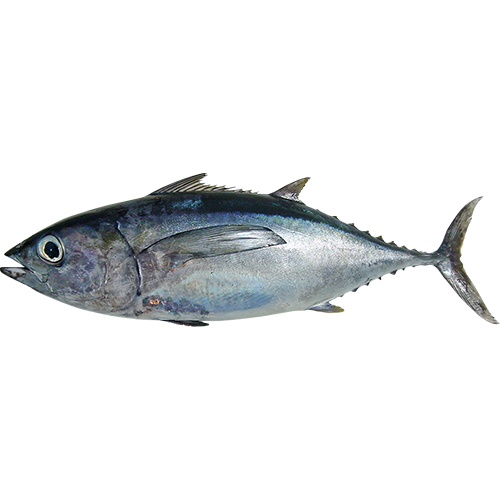
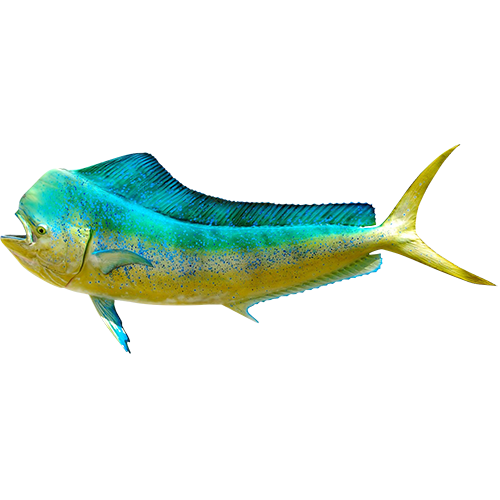
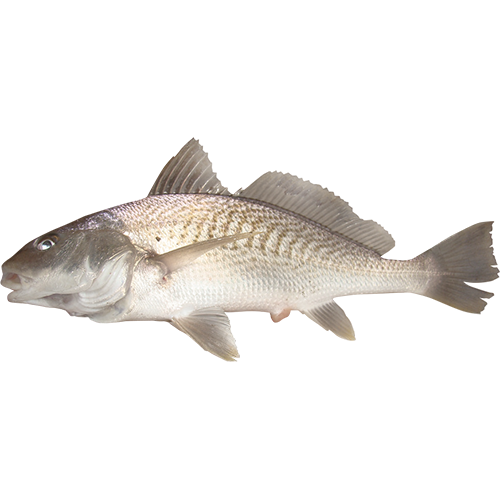
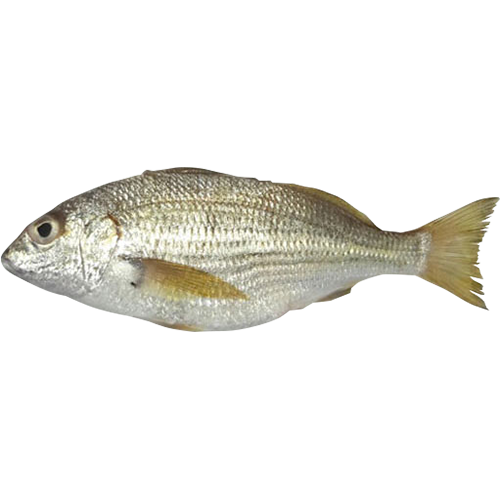
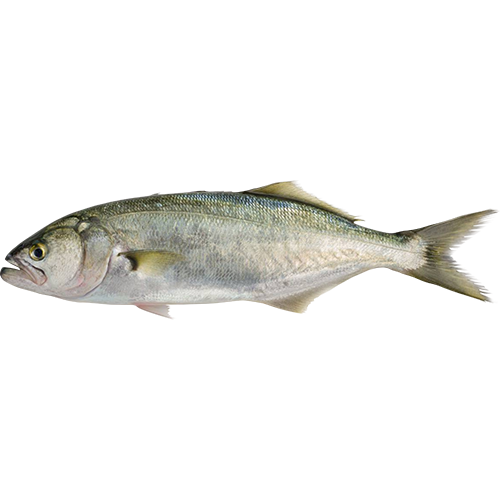
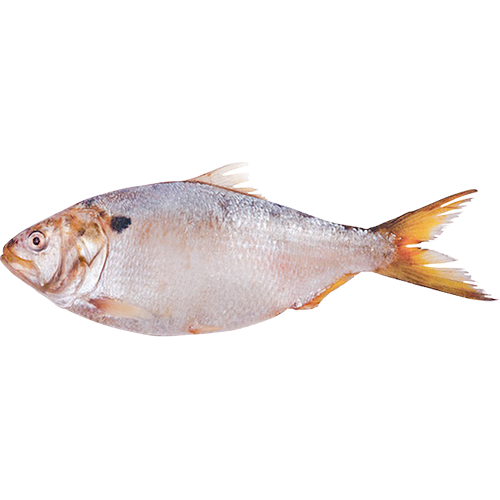
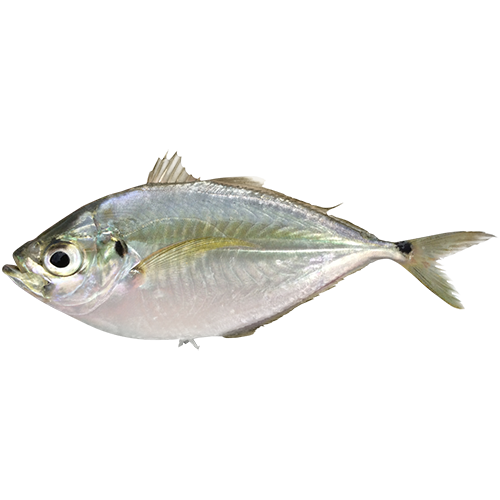
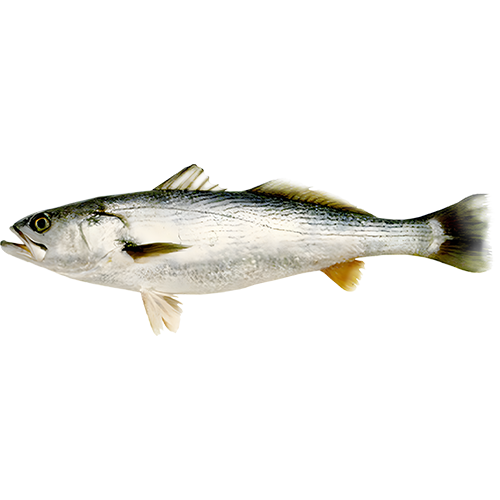
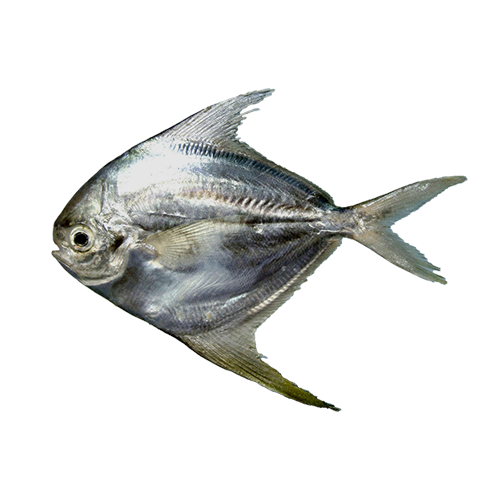
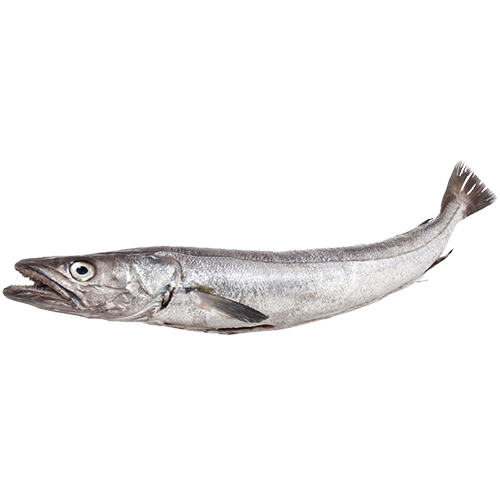
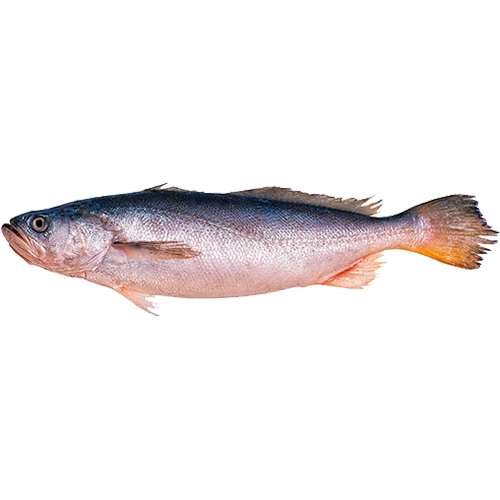
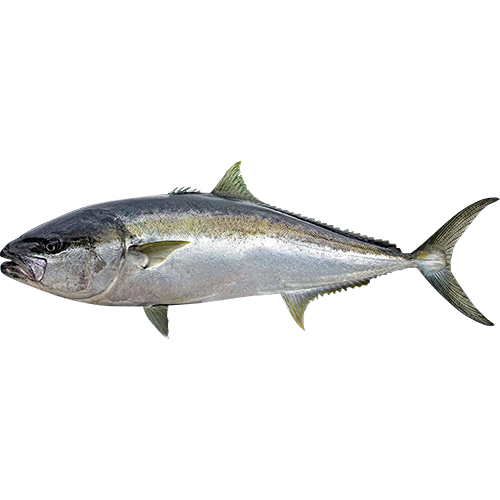
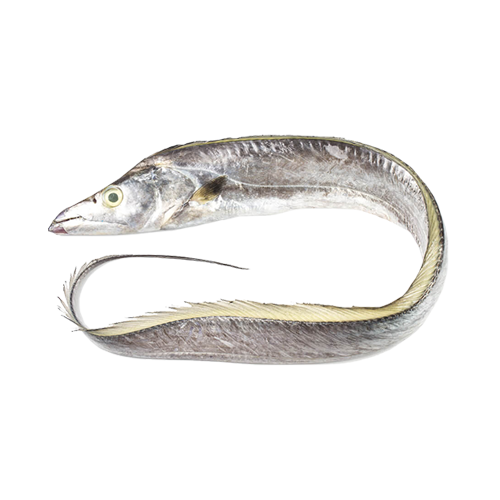
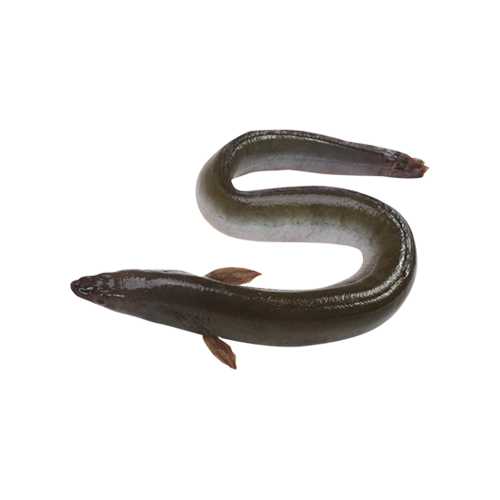
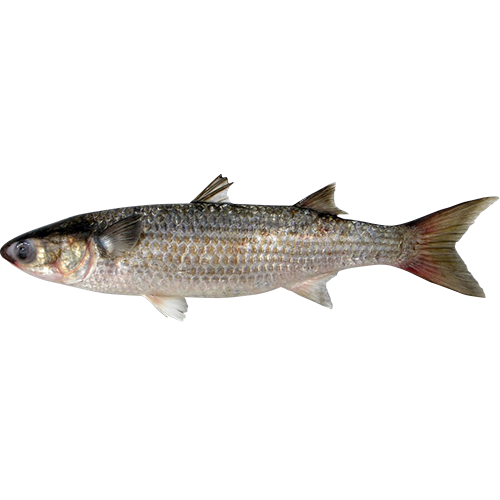
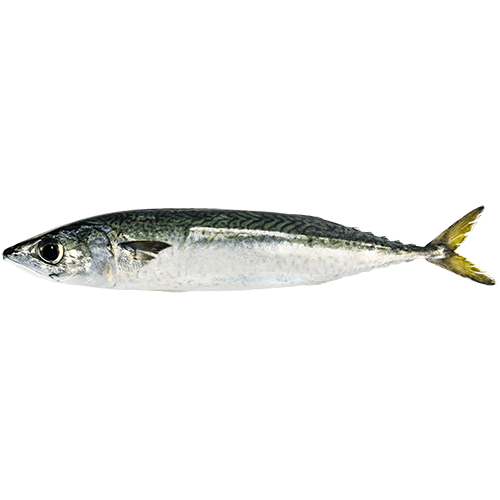
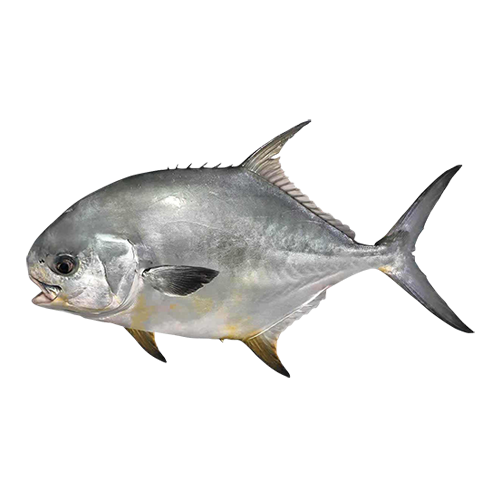
Certifications
Leal Santos is certified by the leading international entities linked to sustainable tuna fishing and environmental protection.
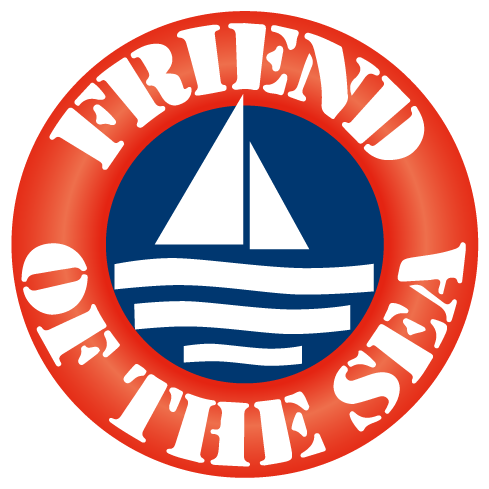
Friend of the Sea
Friend of the Sea
Dolphin Safe
Dolphin Safe
International Pole &
Line Foundation
International Pole & Line Foundation

Marine Stewardship Council
Marine Stewardship Council
Quality
Hygiene and sanitary quality are a decisive factor for food safety. This factor is an important element of the fishing production chain, especially when considering the high degradation potential of fresh fish.
In this sense, adopting the Good Manufacturing Practice (GMP) and self-control system helps ensure the consistent quality and safety of products, thus reducing the incidence of Foodborne and Waterborne Diseases. The GMP system establishes general principles that include the proper handling of food products and the use of adequate food preservation methods for raw materials and end products (Costa et al., 2012).
Another basic principle of GMP is the training of food handlers, in view of the fact that these professionals are one of the main sources of foodborne contamination. With the objective of providing high-quality fish products, capacity building programs must be properly planned and held on an on-going basis. The purpose of such programs is to include the procedures established by GMP for the fish processing routine. These programs must include contents such as personal and operational hygiene, and the hygienic handling of foods (Sousa et al., 2021).
In addition to the capacity building programs, monitoring and inspection of production facilities, equipment and products is of vital importance, in view of the fact that such activities, aligned with GMP, must provide the appropriate environment for the harmlessness and compliance of products. In addition, physical, chemical, microbiological and inorganic parameters established by the regulatory authorities must be taken into consideration.
